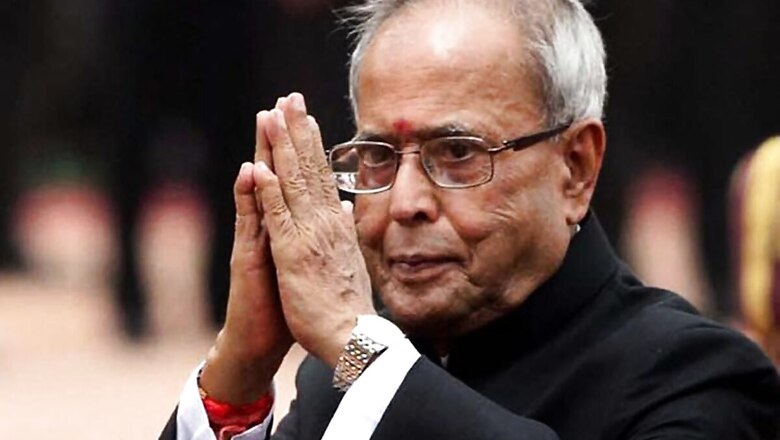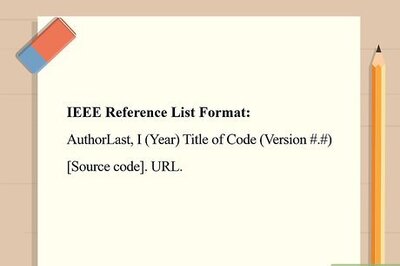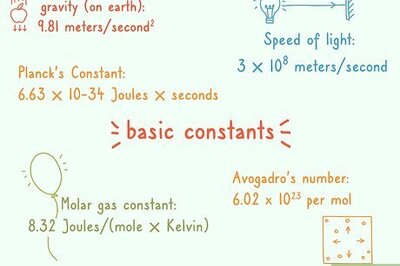The Eternal Number 2: Pranab Mukherjee was a Casualty of His Own Intelligence, Talent and Experience

views
Former President Pranab Mukherjee was perhaps the Prime Minister India never had. In fact even after becoming the President of India, he never gave up his dream of becoming the Prime Minister. Fate, however, willed otherwise. He worked ably under three prime ministers – Indira Gandhi, PV Narasimha Rao and Dr Manmohan Singh. While they all depended on his expertise and talent, he remained only number two to them all through. In fact he was the casualty of his own intelligence, talent and experience because these prime ministers feared he might overshadow them.
Pranab Mukherjee’s political journey started in West Bengal in the 1969 by-election in Midnapore when he was the poll agent for VK Krishna Menon. Chief minister Siddhartha Shankar Ray recommended him to Prime Minister Indira Gandhi who gave him a Rajya Sabha berth. Within a short period he had gained Mrs Gandhi’s confidence and became a minister of state in her government. He was loyal to her and in 1978, when the party split, he sided with her. He was rewarded with the finance portfolio when she returned to power. He was her trusted aide. It was not without reason that Indira frequently referred to Mukherjee as the “man for all seasons”.
When Indira Gandhi was assassinated, Pranab thought that he would automatically succeed her because it was the tradition. To his great disappointment, Rajiv Gandhi was chosen. And once Rajiv became the Prime Minister in 1984 after elections, Pranab was denied a cabinet berth. “When I learned of my ouster from the Cabinet, I was shell-shocked and flabbergasted. I could not believe it. But I composed myself and sat alongside my wife as she watched the swearing-in ceremony on television,” he wrote in his autobiography. Upset by this neglect, Pranab launched his own party in 1986 only to come back three years later after reaching a compromise with Rajiv Gandhi. He was on the sidelines throughout the Rajiv era.
Then came Rajiv Gandhi’s assassination in 1991. While Sonia Gandhi refused to become Prime Minister, her first choice was the-then President Dr Shankar Dayal Sharma, and when he declined the choice fell on PV Narasimha Rao who was not even a member of the Lok Sabha or Rajya Sabha. Pranab again missed the bus. During cabinet formation, Rao consulted Pranab, as they were old colleagues from Indira’s time. But he was shocked to find again that his name was missing from the cabinet list. Rao brought Manmohan Singh as his finance minister when the country was going through its worst- ever financial crisis. Pranab was made the deputy chairman of the Planning Commission, which was a retirement job. Later, Rao made him commerce minister, external affairs minister, etc, during his term, but he never got the finance portfolio. Pranab, with his seniority and his closeness to Rao, became number two.
In 2004, when Sonia Gandhi chose Dr Manmohan Singh as Prime Minister, Mukherjee was shocked again. “The prevalent expectation was that I would be the next choice for prime minister after Sonia Gandhi declined. This expectation was possibly based on the fact that I had extensive experience in government, while Singh’s vast experience was as a civil servant with five years as a reformist finance minister,” he wrote in his book ‘The Coalition Years (1996-2012).
Though he was number two and had held many important portfolios including finance, defence and home, and was heading so many groups of ministers (GoMs) he was still craving for the PM post. Sonia Gandhi and Singh had utilised his talent in administration and the party during the next eight years until he became the President of India. Singh used his closeness to the communist parties for dialogue on the Indo-US nuclear treaty though the Left withdrew support on the deal.
While he did not become the Prime Minister, Pranab was elected the President after APJ Abdul Kalam with a lot of goodwill from many parties. This was perhaps a consolation. He was one of the competent presidents who served with dignity. Mukherjee’s term was by and large non-controversial. The 2014 Lok Sabha polls would have been his first test but the BJP emerged with a majority, which made his job easier. He was able to get along with Prime Minister Narendra Modi and the BJP government conferred the Bharat Ratna on Mukherjee.
The man who survived five decades of politics was not a mass leader, which Pranab himself admitted. His survival skills in politics are indeed remarkable. Despite all the ups and downs, he always bounced back. During the Rajiv era, Pranab’ s political career had clearly stalled but within two years, he was back in favour and merged his party with the Congress. Because of his excellent command over the English language, drafting skills, elephantine memory, vast knowledge of national and international affairs and mastery of parliamentary procedures, he was indispensable in the cabinet and the party.
He was a man who had had a chequered political career, whose name will be written in golden letters in India’s history. When he left the presidency, he said in a media interview, “I don’t want to leave legacy because it is democracy. Democracy is a mass and I am a part of the mass. I will melt into the mass. Melt into thin air. I would like to be in the midst of the people. I won’t leave any legacy.”


















Comments
0 comment